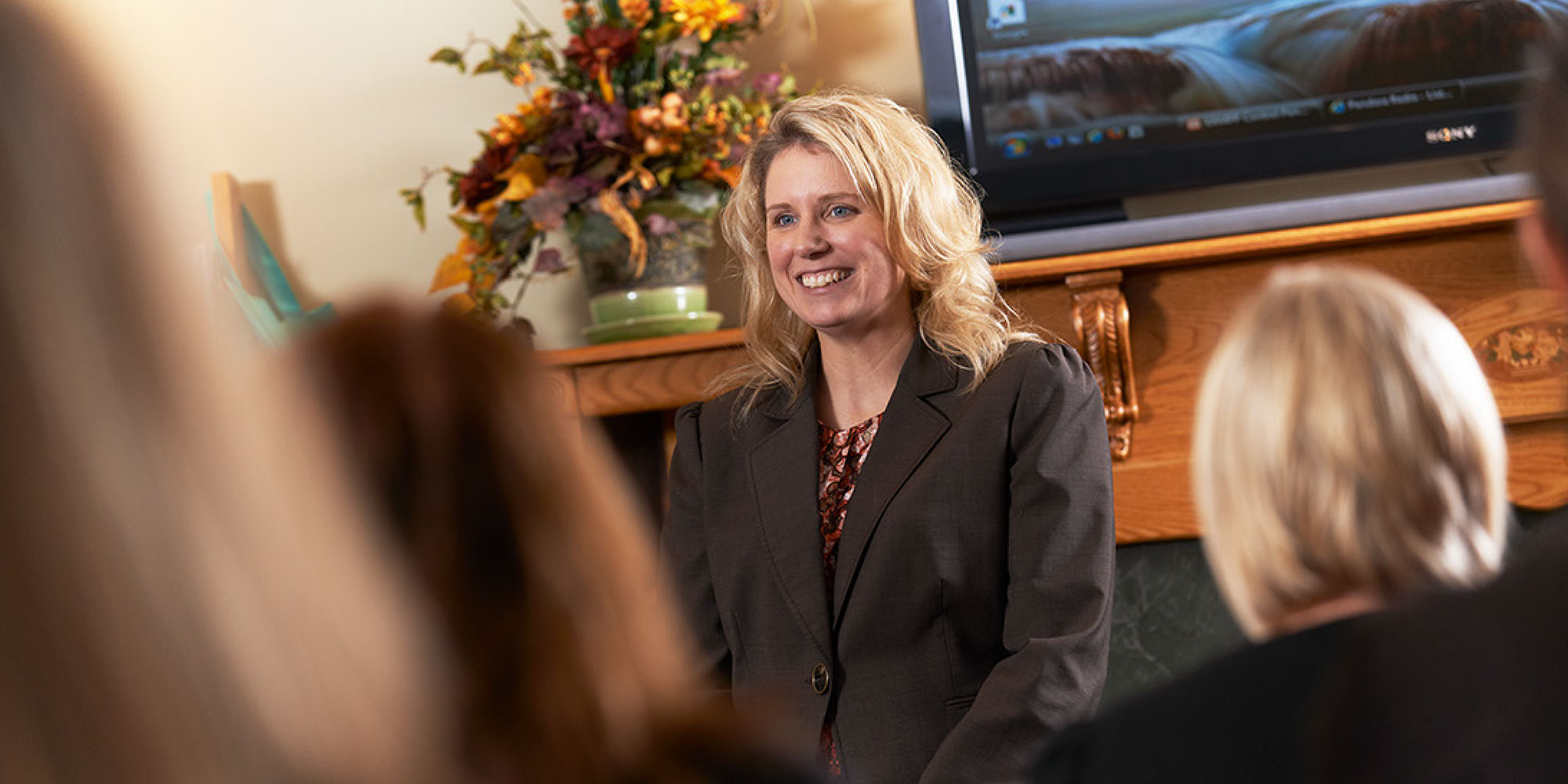A trust legally transfers property or assets to a trustee, who then manages the property for the beneficiaries of the trust. Trusts enable the person creating the trust (the trustor) to determine who receives what benefits from the trust when. Trusts are either "living" trusts or "testamentary" trusts - living trusts are established during the trustor's life, but testamentary trusts take effect when the trustor dies. If a living trust is created, the trustor can either make it revocable (he or she can take back the property in the trust, thereby ending the trust) or irrevocable (trustor cannot end the trust). The following is a brief description of commonly used trusts, but there are many others to discuss with your attorney.
- Revocable Trusts—This is a trust that can be changed by the trustor at any time prior to death.
- Irrevocable Trusts—This is a trust that cannot be changed, once established, except by court action.
- Living Trusts—A living trust operates during the life of the trustor and may include some or all of the trustor's property and assets. One of the biggest advantages of a "living trust" is the substantial tax benefit to the trustor. Assets placed in an irrevocable living trust are not attributable to the trustor (although the trust itself may be taxed). A living trust may also allow estate taxes to be avoided.
- Testamentary Trusts—A testamentary trust becomes effective only upon the trustor's death and the trustor may make changes to its terms any time before that time. For many people, retaining control of their property is an important goal that testamentary trusts help them achieve.
- QTIP Trusts—QTIP stands for Qualified Terminal Interest Property. It is a type of marital trust that postpones estate tax payments until the death of the second spouse. These taxes may be higher after the second death, but the surviving spouse would receive more use from the assets in the meantime.
- Generation Skipping Trust—This trust allows most assets to go to a trustor's grandchildren, but provides the income from the trust to the trustor's children. Basically, the estate goes directly to the grandchildren, but the use of the income is available for their parents. Current laws impose a tax on generation skipping transfers in excess of a certain amount. These trusts can be complicated and require the assistance of a skilled estate planning attorney.
An estate plan needs to be tailored to the particular needs of each individual by an experienced Pennsylvania wills and trusts attorney who understands the various options and your personal goals. An experienced estate planning law firm like Steinbacher, Goodall & Yurchak can help you determine how wills and trusts can help you achieve your goals. Please feel free to contact us today at 1-800-351-8334.
We have offices located in Williamsport and State College, and offer in home appointments to those who cannot travel.








Get the answers you need
Question or CommentDo you need assistance finding the information you need? Have a comment about our website or services? Click the button below to send us an email! We're always happy to help.